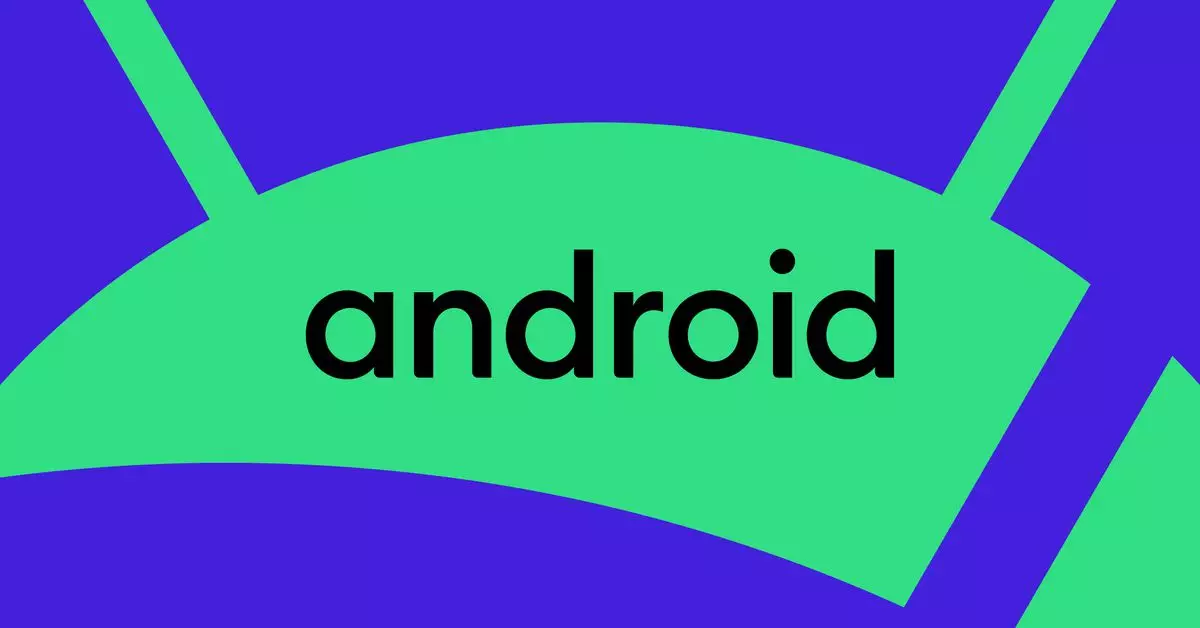In a significant shift from its traditional annual routine, Google has announced a change in the rollout schedule for future Android updates, beginning with the expected Android 16. Historically, major Android releases have been unveiled in the fall after an extensive cycle of developer previews and beta testing. However, in 2025, Google plans to leap into a new framework in the second quarter (Q2), rather than the customary third quarter (Q3). This strategic decision aims to synchronize with the broader ecosystem of device launches, allowing users to experience Android’s latest features more promptly.
This revised timeline is more than just a calendar adjustment; it is a proactive measure to tackle a long-standing criticism of Android’s update fragmentations. Since 2016, discussions within the tech community have highlighted the delayed software updates faced by third-party manufacturers, leaving many users without access to the latest features for extended periods. Although Google’s own Pixel devices traditionally receive upgrades first, many Android users are left waiting. By releasing updates earlier in the year, Google hopes to incentivize manufacturers to align their new devices with this refreshed schedule. This strategic alignment can facilitate more devices receiving updates upon release, bridging the gap that has long existed between new device launches and software updates.
Enhancing User Experience with Play Store Updates
Alongside the announcement of a revised update schedule, Google is also emphasizing enhancements to the Play Store. One notable upgrade is the ability for users to share their app preferences, building on the existing functionality for games. Such improvements are geared towards personalizing user experiences and fine-tuning recommendations, making it easier for consumers to discover new applications that genuinely interest them. By refining the recommendations algorithm, users will find value in increased relevance, further solidifying the Play Store as a competitive app marketplace.
Another critical advancement from Google involves the integration of Gemini AI features into Android Studio. This initiative aims to bolster developers’ productivity by providing tools that facilitate code writing, refactoring, and comprehensive documentation. Such enhancements not only aim to streamline the development process but also reflect a broader trend of integrating artificial intelligence across platforms, positioning Android as a leader in developer capabilities. This focus on AI-driven tools may well have far-reaching implications for application performance, security, and overall user experience.
By rethinking its Android update cycle, Google is taking steps to rectify the discrepancies in update accessibility that have plagued the Android ecosystem for years. Coupled with improvements in the Play Store and smarter AI development tools, the tech giant’s efforts could usher in a new era of timely updates and enhanced user experience. As we look ahead, this strategic recalibration is not just about updating software, but about fundamentally transforming the way Android interacts with its users and developers alike, fostering a more cohesive and thriving ecosystem.

